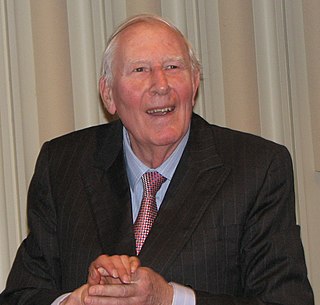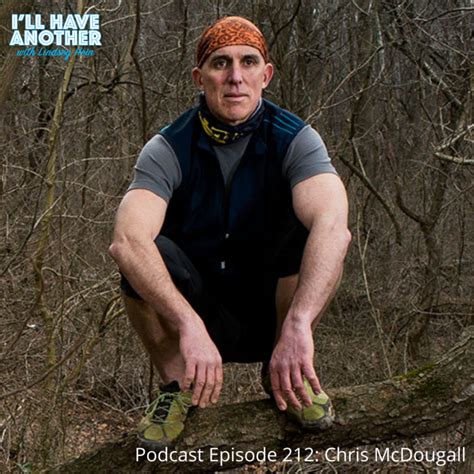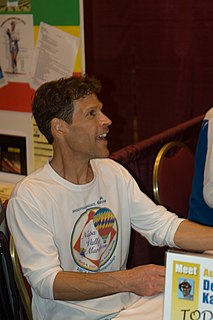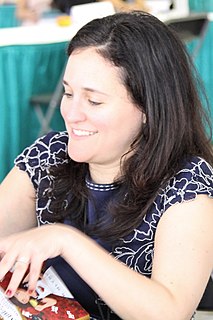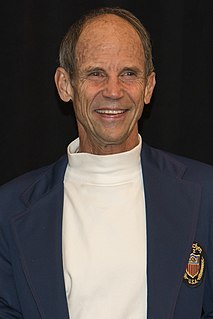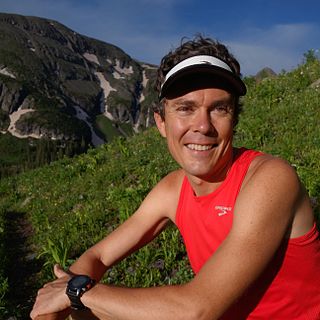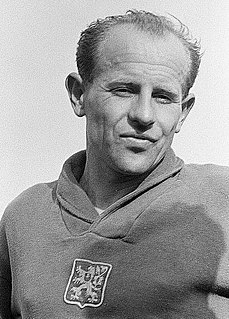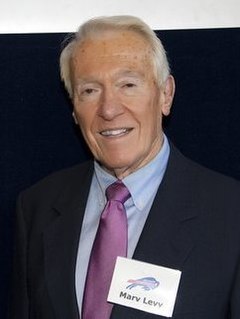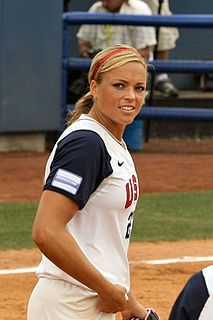A Quote by Roger Bannister
It's a question of spreading the available energy, aerobic and anaerobic, evenly over four minutes. If you run one part too fast, you pay a price. If you run another part more slowly your overall time is slower.
Related Quotes
The people who are good in the long run fail a lot, especially at the beginning. So, when you fail early, it might be worth realizing that this is part of the deal, the price you pay for being good in the long run. Every rejection is a gift. A chance to learn and to do it better next time. An opportunity to figure out how to bounce, not break. Don't waste them.
Even still, we run. We have not reached our average of 57.92 years without knowing that you run through it, and it hurts and you run through it some more, and if it hurts worse, you run through it even more, and when you finish, you will have broken through. In the end, when you are done, and stretching, and your heartbeat slows, and your sweat dries, if you've run through the hard part, you will remember no pain.
Nearly all runners do their slow runs too fast, and their fast runs too slow." Ken Mierke says. "So they're just training their bodies to burn sugar, which is the last thing a distance runner wants. You've got enough fat stored to run to California, so the more you train your body to burn fat instead of sugar, the longer your limited sugar tank is going to last." -The way to activate your fat-burning furnace is by staying below your aerobic threshold--your hard-breathing point--during your endurance runs.
I've got a lot to download on your mercy and grace. I've always rushed up to You and dumped whatever it was and hurried away, fascinated by my own busyness. I want to turn all this over to You slowly, carefully, examining every fragment as I pass it off, so there'll never be any question about it again. Every time I've dumped and run, I've nearly always run back and snatched it out of Your hands. Help me in this.......Right now, I'm certain of only one thing - that You love us, and that's where we all have to begin.
Your goal is simple: Finish. Experience your first race, don't race it. Your first race should be slightly longer or slightly faster than your normal run. Run your first race. Later you can race. You will be a hero just for finishing, so don't put pressure on yourself by announcing a time goal. Look at it this way: The slower you run the distance, the easier it will be to show off by improving your time the next race!
We believe that part of the answer lies in pricing energy on the basis of its full costs to society. One reason we use energy so lavishly today is that the price of energy does not include all of the social costs of producing it. The costs incurred in protecting the environment and the health and safety of workers, for example, are part of the real costs of producing energy-but they are not now all included in the price of the product.
